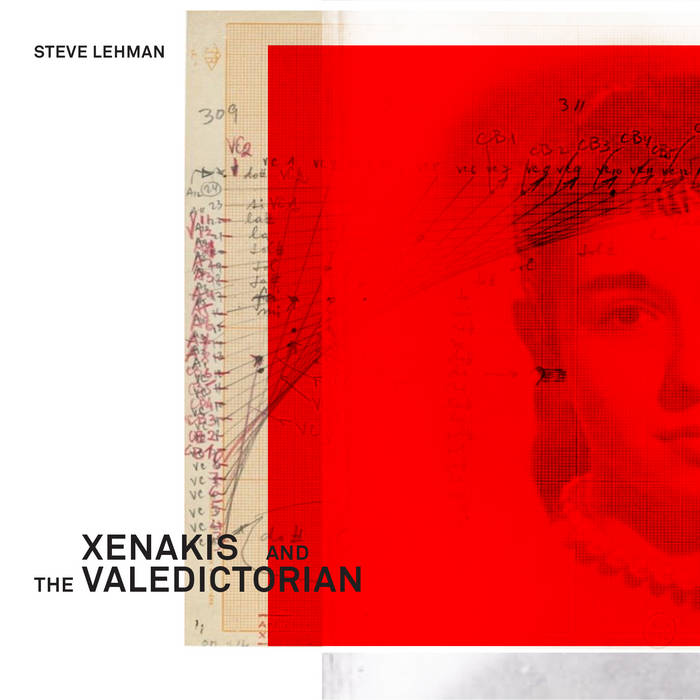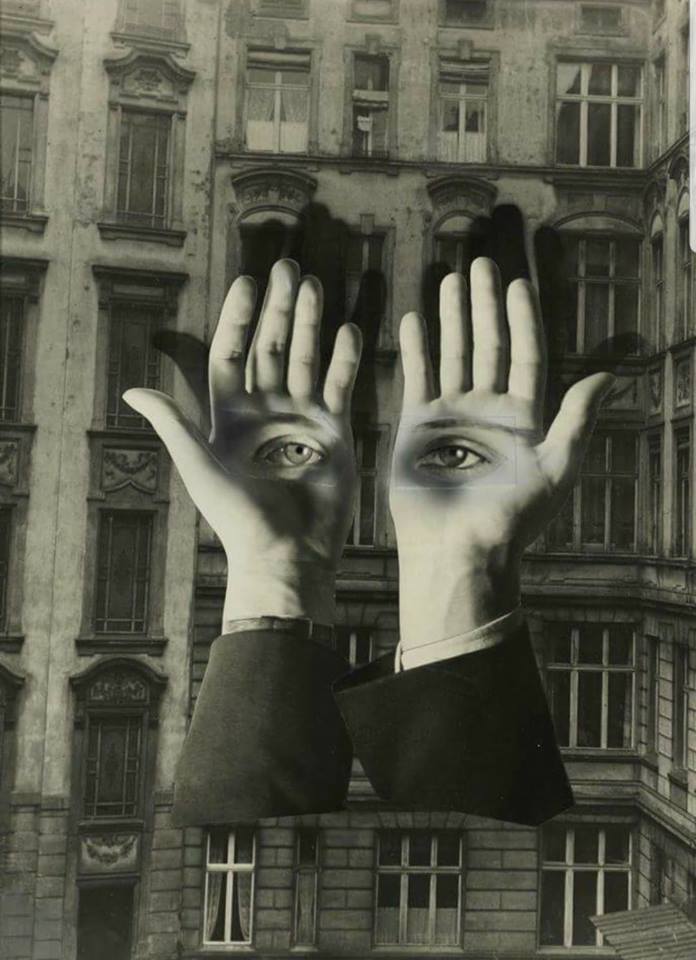The Metropolitan Opera is not coming back.
Not for a long time, anyway. They’re not alone—none of the big outposts of opera will be able to reopen until there’s a vaccine for COVID-19 that has been administered across a wide swath of the population, and that won’t be available for the usual early fall season openings.
Opera houses and concert halls, in New York City, fall under last of the four-phase plan that Governor Andrew Cuomo announced last week. Once a locale meets specific criteria for health care capacity, infection rates, testing, and contact tracing capabilities, they can reopen parts of society in those four phases, and live music comes last. But live music stretches from a duo playing in the basement space of the Downtown Music Gallery to up to 4,000 people in the audience at the Met. Live music also covers a huge variety of ensembles and configurations, instrumentation and means of production. And in COVID-19 terms, opera is one of the most dangerous kinds of music making.
This is not about the audience, which is already a daunting problem—will capacity be limited to 50% for all venues? Will there be a hard number of patrons allowed, meaning 2,000 will be too many? How do you handle social distancing when seats are bolted to the floors in rows, and when seat dimensions diminish as the ticket cost drops? How do you get people to their seats in a safe way (the amount of confused and aimless wandering and drifting in the aisles and squeezing into each other in rows at the Met, David Geffen Hall, Carnegie, etc., would amaze anyone who’s never seen it).
Forget the audience though, how do you manage what happens on stage (for a look at what smaller venues are already thinking about, and thinking through, these same problems and possibilties, see my article “Live, From New York” in VAN magazine). The breaking point is that you can’t have people singing to each other if you want to keep them safe.
Chances of picking up a COVID-19 infection depend on total exposure, and that is a combination of the amount of virus the duration of that exposure. Put those two things together, and it’s easy to see why being inside with a group of people is a real problem, and that’s just people talking and breathing, each of which action expels drops containing the virus. What happens once people start singing, breathing in deep, expressing a focussed column of air, pushing everything out of their lungs with far greater force and velocity than talking? You get what happened with this choir in Washington State.
In opera, the performers are singing to and at each other, as solo voices and as a chorus (and that pit into which the orchestra is crammed is pretty small). Even with no audience, a streamed live performance where everyone listening and watching is at home, the singers are up there, pushing what’s in their lungs out at each other with maximum force—and the Met, which is far too big, demands the most forceful singing of any opera house on the planet.
The singers will not be safe, performing opera with each other will not be safe, until there’s a vaccine and a reliable treatment for those who might catch the virus even with a vaccination—it happens. Yes, test the singers and if they have the virus they can’t perform. But this isn’t pick-up basketball, this is something that requires hundreds of hours of preparation and rehearsal. As even the White House might be able to understand (not a sure thing), you can test someone and they can still get the virus, and you won’t know that until you manage to test them after they’ve caught it. If they’ve been rehearsing already, it’s too late, and I don’t mean in terms of bringing up the understudy. Contact tracing alone will shut down the production.
So when we get back to live music, even streamed with no audience, or a tiny audience with masks listening to a pianist, or maybe, maybe a quartet—only looking at classical music, I have no idea how the jazz clubs, which have to pack people in at the density of a rush hour subway car, make this work—there won’t be opera. Not for awhile. With no vaccine on the horizon, much less a working national health care infrastructure that can deliver it nationwide, I can’t imagine that there will be a new season at the Met until fall of 2021. At the earliest.
That leaves a giant hole in classical music culture. I dearly hope people see this hole, and recognize that COVID-19 is responsible for only half of it. The other half is due to the effect of non-musical/non-aesthetic considerations in decadent late capitalism: social prestige, money and the admiration and worship of same, the way the board model and philanthropic organizations pat each other on the back, the latter rewarding the former for existing and for being really fucking big. The Met has an annual operating budget of around $300 million, which will produce absolutely nothing for a year. Just think what that money could do for small venues and organizations. In the current environment, donating to and sustaining the Met will be like bailing out the airlines and cruise ships, it’s making sure the wealthy still get to enjoy their toys while the rest of us are on our own.






You must be logged in to post a comment.